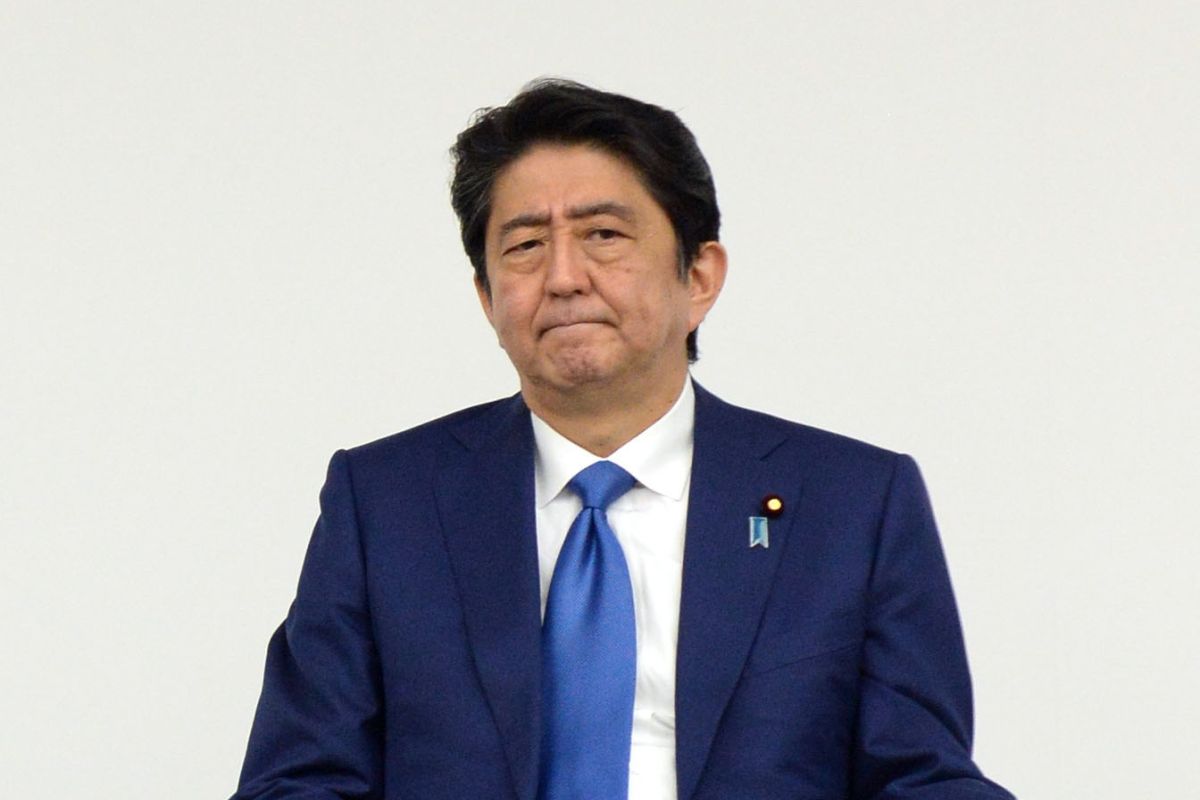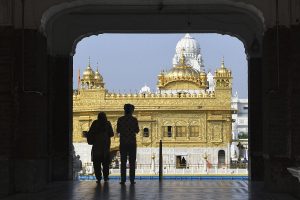Japanese voters cast ballots Sunday in an upper house election, with Shinzo Abe’s ruling bloc looking to protect its majority and keep on track plans to amend the country’s pacifist constitution.
The 64-year-old Abe, who is on course to become Japan’s longest-serving prime minister, is also hoping to shore up his mandate ahead of a crucial consumption tax hike later this year, along with trade negotiations with Washington.
Advertisement
Opinion polls suggest his Liberal Democratic Party (LDP) and its coalition partner Komeito are likely to win a majority, mostly due to a lacklustre opposition.
Sunday’s vote is for half the seats in the House of Councillors — the less powerful upper house of parliament.
Voting began across the country at 7:00 am (2200 GMT Saturday) with the outcome expected to become clear shortly after the polls close at 8:00 pm.
Pollsters suggested turnout could be lower than 50 per cent, significantly less than usual.
“I support the current government because I see no alternative,” said Yoshiko Iida, a 45-year-old beauty therapist.
“Opposition parties are woeful,” she told AFP. “I don’t want to leave power to them.”
Susumu Rokkaku, an 85-year-old male pensioner, said: “I voted for an opposition candidate but whoever is elected, nothing will change. I have no expectations.”
Abe’s ruling coalition is forecast to win a solid majority of the 124 seats contested in the election, according to pre-election surveys.
The two parties control 70 seats in the half of the chamber that is not being contested, putting them on track to maintain their overall majority.
“Abe’s strength is largely based on passive support resulting from disarray in the opposition camp and a lack of rivals,” Shinichi Nishikawa, professor of political science at Meiji University in Tokyo, told AFP.











